Outside of an outlier title in the 2013 release of Assassin’s Creed: Black Flag, the Assassin’s Creed series has been pretty formulaic over the years. Ubisoft’s open worlds have become layered with activities to complete and historical times to explore. If you’re hoping that Syndicate is one these mold-breaking games in the series, you might be disappointed with this one. Assassin’s Creed: Syndicate stays close to home, offering minor changes to the tried and true formula. Adding features like two playable twin Assassin’s, a grappling hook that moderately tweaks the traversal mechanics to mixed results, and the return of more microtransactions than you can shake a stick at, Syndicate feels, well, like an Assassin’s Creed game. That’s not an entirely bad thing. It’s beautiful, it’s got less bugs than Unity did, and there’s a lot of time period missions to sink your teeth into.
This is Assassin’s Creed: Syndicate
Another new period for the Assassin’s Creed series, Syndicate takes players to London in the mid-1800’s. A city divided by the haves and have not’s, London is being controlled by, you guessed it, the Templars. One evil industrialist in particular has a stranglehold grasp on both the cities legitimate businesses and criminal underworld. Syndicate introduces not one, but two new Assassin’s that have been trained to follow the Assassin’s Creed. Evie and Jacob Frye are twins who look to topple this regime. A first for the series, Assassin’s Creed Syndicate offers players the ability to switch between these two characters at any time, and they both have a different skill set. Jacob is a brawler, who is adept at melee confrontations. While Evie is the more stealthy of the two. Both of these young Assassin’s have character, they’re defiant to an order that is all but eradicated at this point in the storyline, and have a personal vendetta to free London from the grips of Crawford Starrick.
As much as the characters play center stage in the story of Assassin’s Creed games, the wonderful cities being created by the multiple teams at Ubisoft are worth shining a light on. Last year’s Paris and now this year’s London are beautiful time period recreations. While London isn’t quite as pastel as Paris, the industrial revolution setting is soot-stained and dreary as it should be. Those familiar with the city will see famous landmarks such as Buckingham Palace, Big Ben, and the River Thames. Rails line the city and trains are introduced to the series for the first time. Steamboats and carriages are abundant across the city, with these technologies incorporated into the gameplay in meaningful ways. Assassin’s Creed: Syndicate is the fans first taste of the modern age.
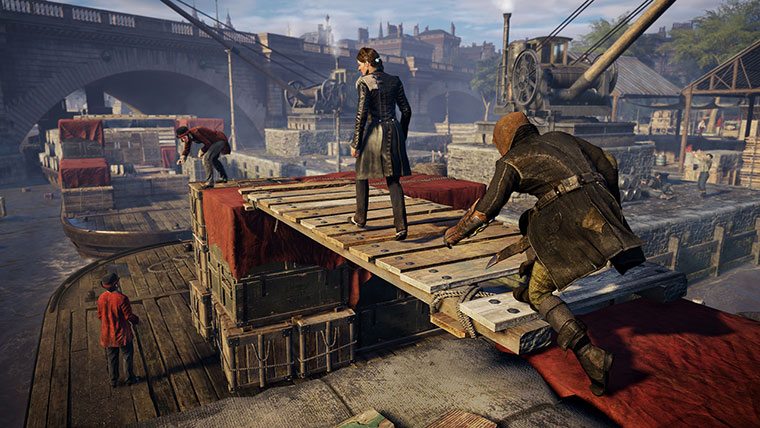
There has been quite a lot added to the gameplay in Assassin’s Creed: Syndicate that is worth noting and different than any game in the series. While the mission structure and time period themed missions, historical characters, and general structure of the game are entirely familiar, some of the mechanics are not. The Frye Twins, and being able to switch between characters is an interesting addition to the series. While they share resources, each character has different strengths and weaknesses, and can be crafted even further through the game’s skill tree to be anything you want them to be. Utilizing the technology of the era, carriages and trains are a new form of transportation. Evie and Jacob run a mobile headquarters out of a train car that’s constantly moving around the city. Where carriages line the streets of London and can be used for traveling from point to point, but can also be used to hide in them, get away from enemies, abduct enemy agents and even partake in vehicular battles that can have you boarding other carriages and hijacking them while driving. Getting around the cities of Assassin’s Creed has always been one of the series’ biggest gameplay systems and it’s mostly been on foot or by horse and this has been a core pillar for the gameplay. Syndicate brings about one of the biggest changes to this with the introduction of a grappling hook that cuts out a lot of the climbing.
Ubisoft’s problem with the movement mechanics of the Assassin’s Creed series aren’t really fixed by adding grappling mechanics or quicker methods of travel like carriages. While the game took some pretty significant steps forward with Unity in terms of movement and traversal across the city, Syndicate still stumbles from time to time. Mainly in the game’s introduction to the grappling hook which is a hit and miss proposition. Sometimes you hit what you are trying to others you don’t. When you do, things feel great, but there are so many times where you still feel like the clumsiest of Assassin’s as even performing simple tasks feel hard to do. Intricate moves like jumping between carriages or boarding a moving train also give you this feeling as you never quite know if what you’re attempting to do is going to work out or not.
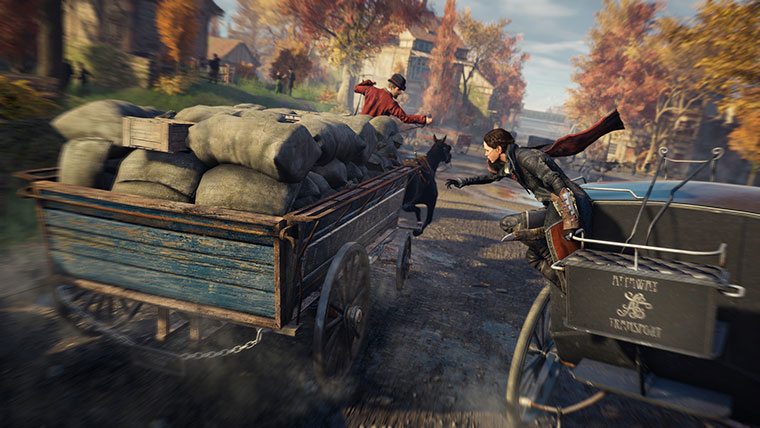
Regardless, London is one, if not the, biggest Assassin’s Creed game to date. The city is filled with detail, and while the main story line of toppling Starrick’s enterprise will keep you busy for quite a while, Ubisoft hasn’t dialed back any of the side content either. Some of it is quite good, like the introduction of Gang Wars. Interestingly enough, Starrick uses gangs in the criminal underworld of London to do his bidding. A gang known as the Blighters control the city, while Jacob and Evie fight to form their own gang to take back the city. It’s one of Syndicate’s brand new features, and it’s a little like something straight out of the movie Gangs of New York. While the new system allows you to clear the Blighter Gangs out of held territories and recruit members to your gang call the Rooks, most of this aspect of the game relies on tried and true Assassin’s Creed combat mechanics that haven’t changed all that much from game to game. Though as your influence grows and more Rooks sprout up around the city, it won’t be uncommon to find them coming to your aid in variety of different ways.
For the most part though, Syndicate’s combat is standard fare for the series. Jacob is most certainly a more capable fighter but both Assassin’s have an arsenal of weapons at their disposal as well as the standard attacks and counters system that the game has had for some time now. Both Jacob and Evie can both be upgraded along the journey and it’ll boil down to how much of the side activity that you complete as to whether or not you have the resources necessary to craft new items, tap into special power-ups, or buy other items that improve your character’s power in key areas. This brings us to the elephant in the room and that’s Assassin’s Creed’s growing list of things you can buy to help you along in this leveling of your characters. Ubisoft will let you purchase a number of aftermarket upgrades or boosts if you don’t want to actually do the things necessary to find the required resources or complete enough content to level your character in lockstep with your progression. You can purchase XP boosts, you can purchase crafting materials which are used to build certain powerful items, you can purchase currency straight-out that will allow you to purchase new weapons or allocate stats to your growing legion of Rooks. Again, microtransactions can be done well and they can be egregious. Ubisoft walks the line on this one. Completing the story and side missions at a normal pace will give you what you need to craft or level up your character, but you never really feel like you have an abundance of said materials or currency if you aren’t dedicating a significant chunk of time to finding each and every chest across the city.
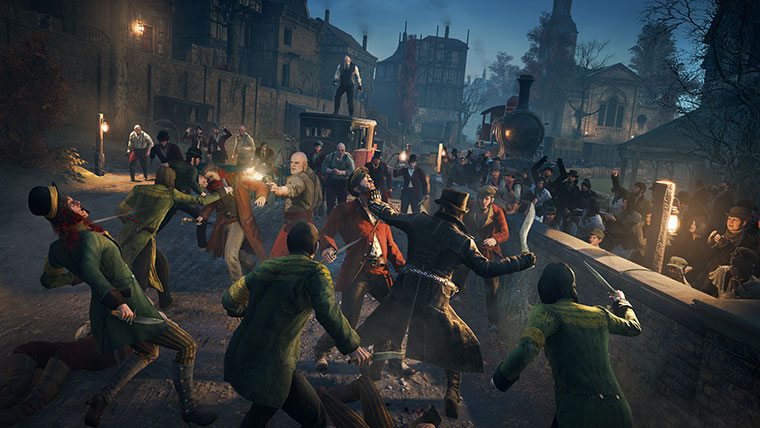
So Syndicate adds some things, but it does it take away one major component that every game since Brotherhood has had and that’s a multiplayer portion to play once the single player fun is over. Ubisoft’s brand of cooperative play found in Unity is missing from this release, and it appears that they’ve also shut the door on the innovative competitive mode that had been the online component before it. Anyone who banked on getting their gameplay value out of multiplayer in their yearly Assassin’s Creed purchase will certainly miss some sort of cooperative or competitive element to the game.
The Verdict
Assassin’s Creed: Syndicate is about what we’ve come to expect from the annual franchise. Ubisoft Quebec has built a beautiful new world to explore but relies on many of the same ideas from previous games to keep players interested. Fans of the series will certainly have plenty to sink their teeth into in terms of side missions, as well as another meaty Assassins vs. Templars main storyline. The additions to the game like the grappling hook, Dual-Assassin’s, and Gang Wars missions are certainly welcome and fit the time period perfectly. Syndicate is more Assassin’s Creed for better or worse.


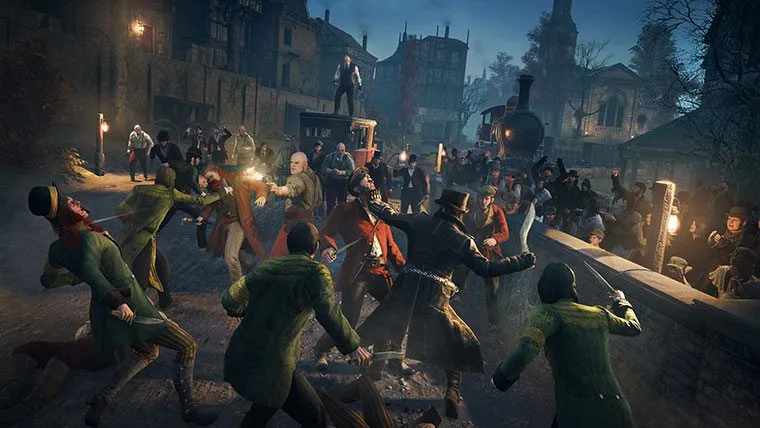




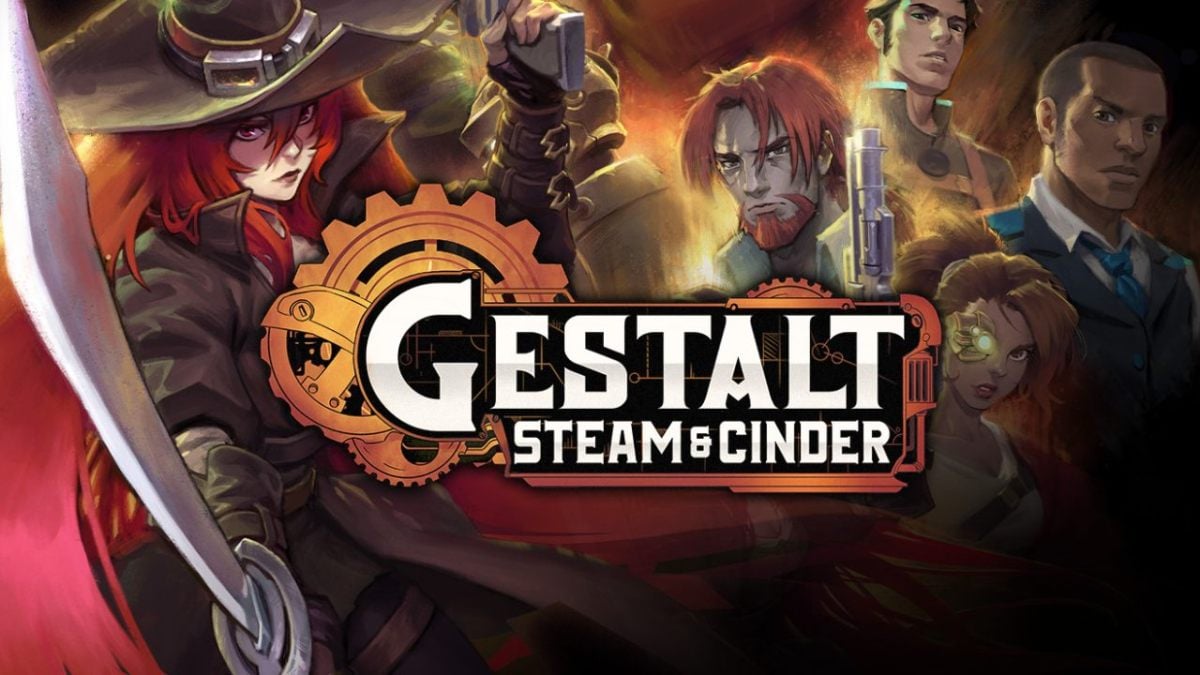
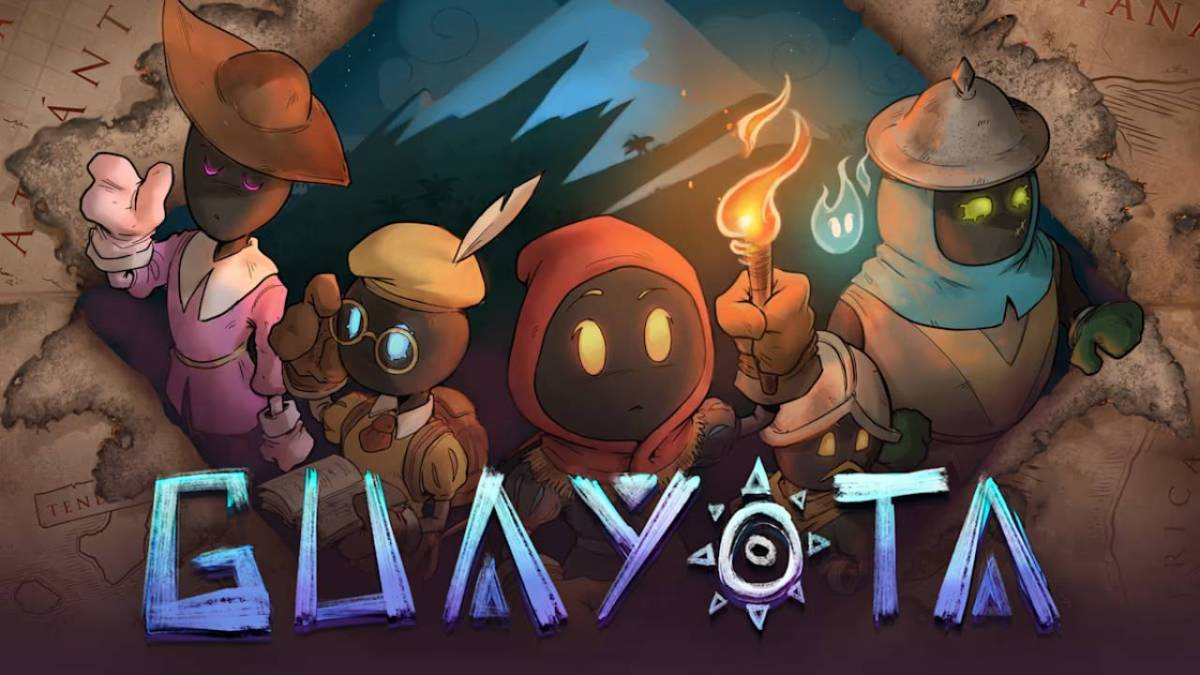
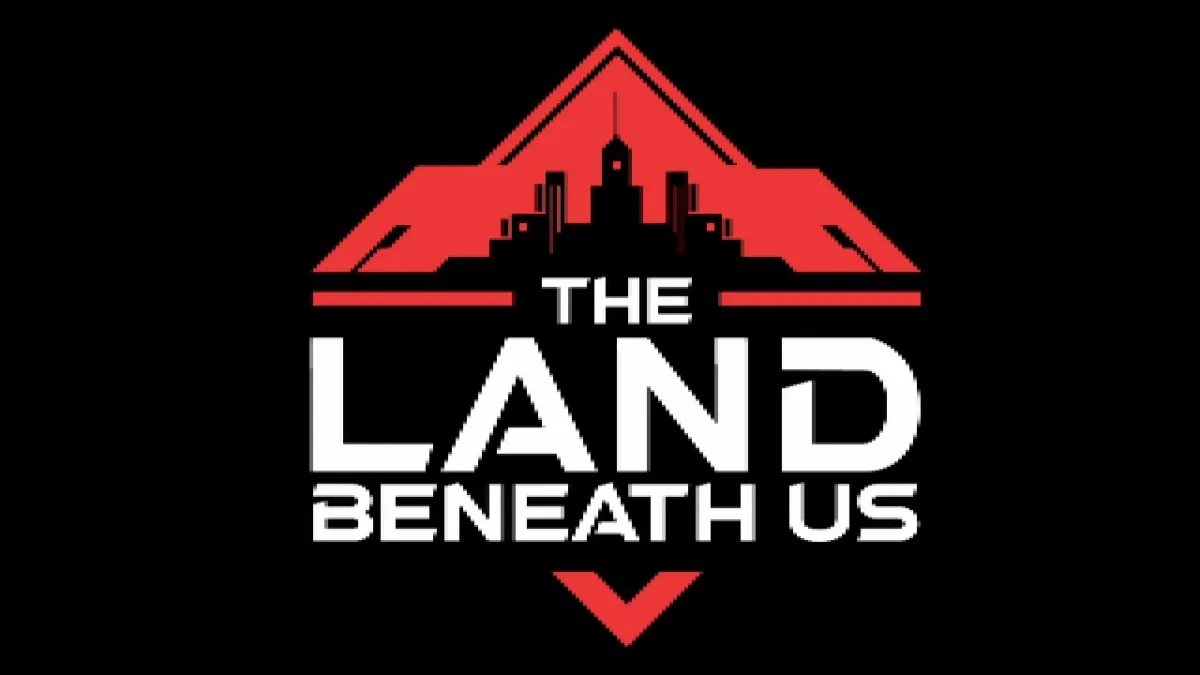

Published: Oct 22, 2015 07:07 am